What’s the next big thing in California wine? Everyone knows about the great Cabernets and Chardonnays of Napa. Most people would say that Sonoma is a close runner-up, with some excellent Cabs and Chards and Pinot Noirs, especially in the Russian River Valley. There are Zinfandels, the original plus-size wine, which is the sort of thing people like who like that sort of thing. But let’s travel south to the Central Coast, between San Francisco and Los Angeles. There is plenty of good (if not great) Cabernet and Chardonnay there as well. But the region is perhaps best known for Rhone-style, Syrah-favoring wines.
Get ready for something new: some luscious red wines built largely around Touriga Nacional and Tinta Cão, two of the grapes used to make Port in the Douro region of Portugal.
Hitherto, these grapes had been planted here and there in the Central Coast region. But now former congressman Devin Nunes, a farmer before he was a politician (and now CEO of Truth Social), is set to make a splash with two new blends centering around Touriga Nacional. Both are delectable. One is called “Devin Nunes Central Coast,” the other, slightly hotter and more complex, is called “Devin Nunes Paso Robles,” sourced from vineyards in that up-and-coming wine region. Both feature a proprietary blend of Touriga Nacional and other Portuguese grapes and both come in bottles distinctively labeled with large white lettering reminiscent of a bottle of vintage port. Both sell for $75.
The first vintage, 2021, will be publicly released this month. I recently had an opportunity to sample both with some friends. They are amazing wines. Deep, dark, midnight ruby in color, lots of glycerine, with an intense hard-to-pinpoint nose. Something woody? Yes. Currants and blackberries? A soupçon of blueberries? We thought so. Possibly because the grapes in their unfortified, non-port presentation are unfamiliar to an American palate, these were wines full of hints and adumbrations rather than declarative sentences. Faced with this newly colonized world, the usual winespeak scrambles for appropriate adjectives.
The DN Central Coast was the more straightforward of the two, its fruit intense but not fully expounded. The DN Paso Robles was more luscious and forthcoming but still it was tight. Of course, these are very young wines. We suspected that they would be taut, and they were, even though we had them open for a good six hours. I’d like to come back to them in five or six years and see what they are like after they’ve been “out.”
My little party of serious thinkers agreed that we had never tasted anything quite like these wines. At 13.8 percent alcohol, the Paso Robles was a little hotter than the Central Coast. We were surprised that wines of such intensity were not more tannic. Neither was. But both are food-friendly, evening wines. We tried them with some bread and cheese and they stood to attention with every mouthful. I would not be surprised if this constellation of varietals, built around Touriga Nacional, became the new hot thing.
The good news is that by the time you read this, both wines will be available. The other good news is that Nunes is also releasing a Cabernet blend sourced from the region. It’s called Patriot, and will sell for $50. The bottle features the same bold white lettering that the Touriga-based wines feature.
There are, however, two pieces of bad news. One is that production is starting small. Only about 150 cases of each of the wines have been bottled for this vintage. Future vintages will be larger, but never huge.
The other piece of bad, or at least complicating, news is that you will not be able to stroll down to your local wine shop and pick up a bottle. The wine may be available in some select restaurants, but your best bet is to go to the winery’s website at devinnuneswines.com. Charter members of the just-formed wine club will receive a discount. Everyone who tastes the wine will be glad he (or she) did.
This article was originally published in The Spectator’s November 2023 World edition.



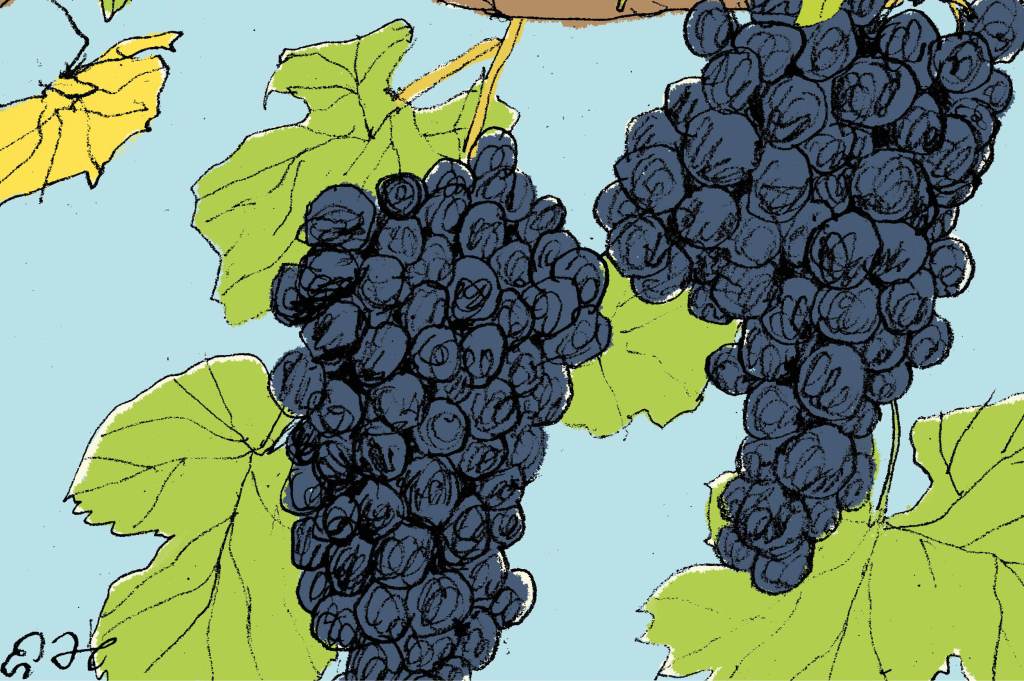






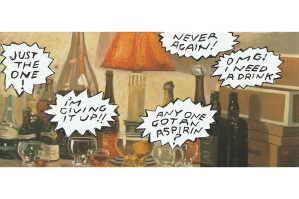
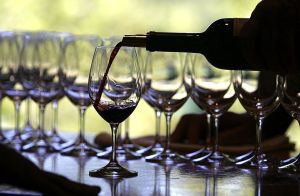

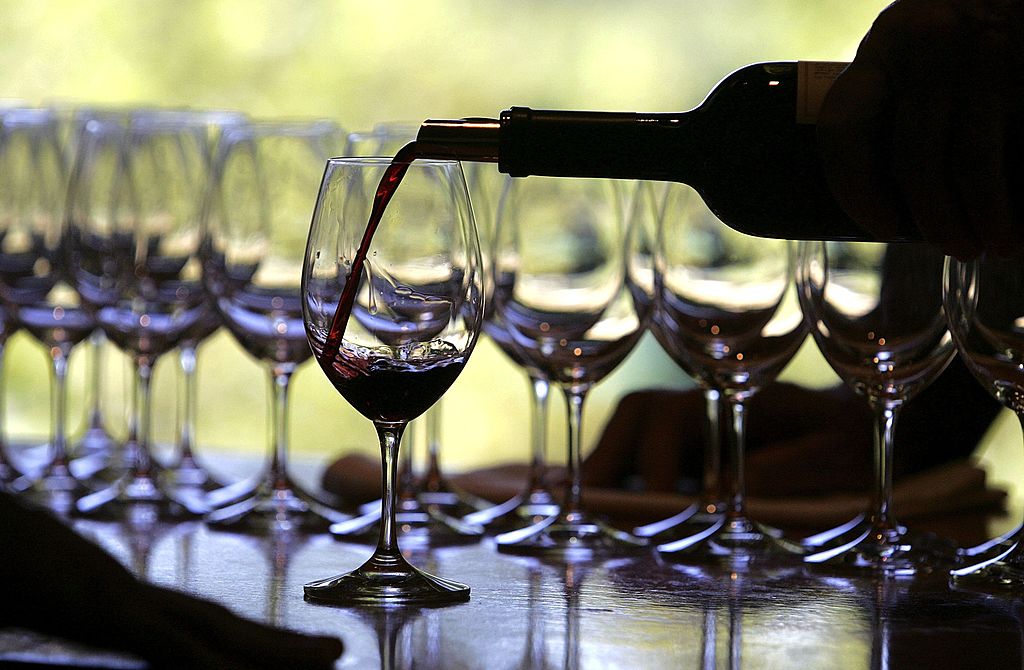

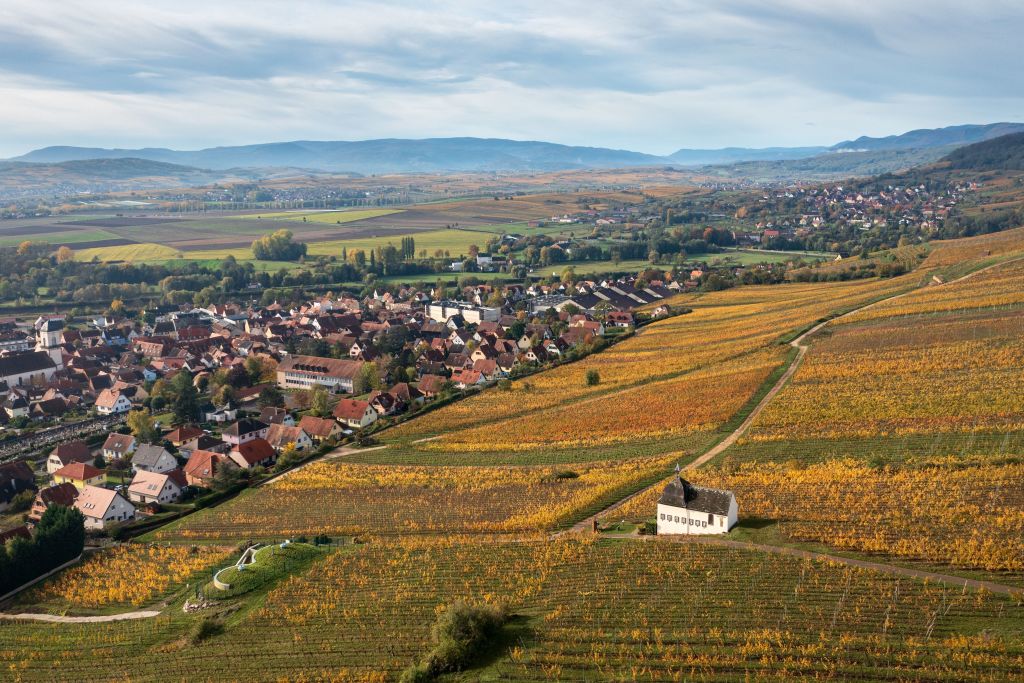
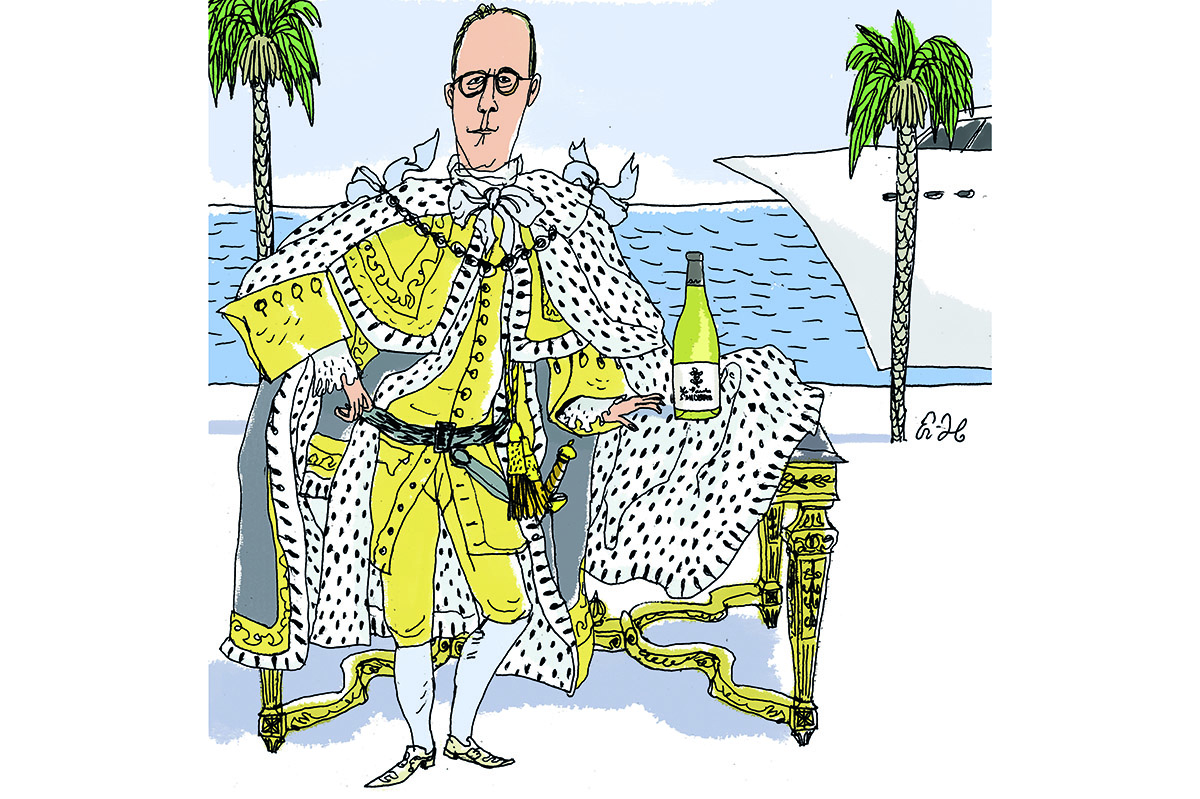

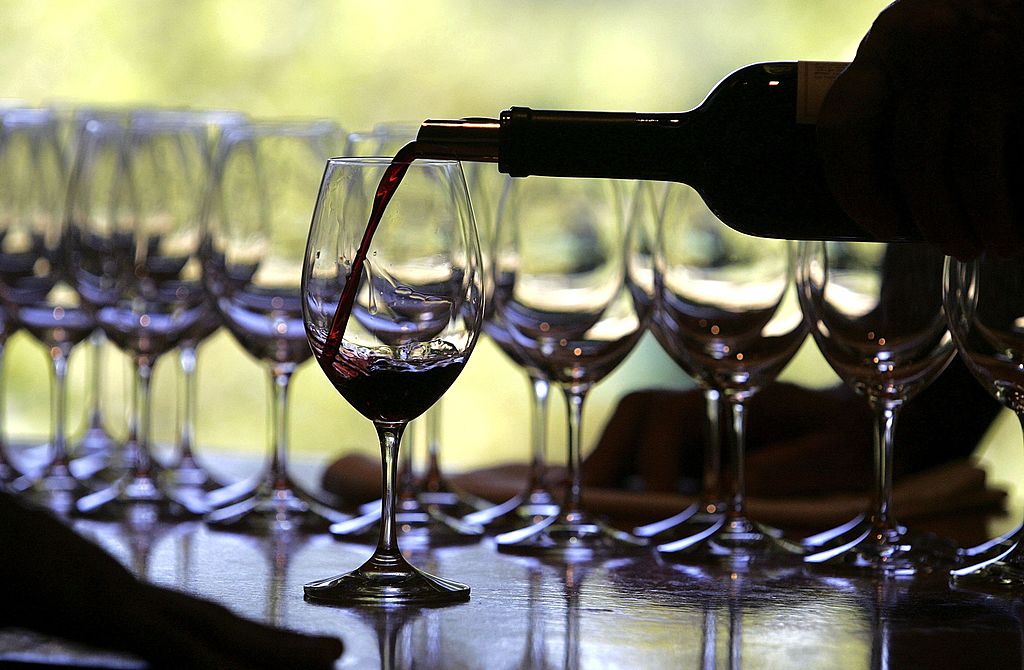







Leave a Reply